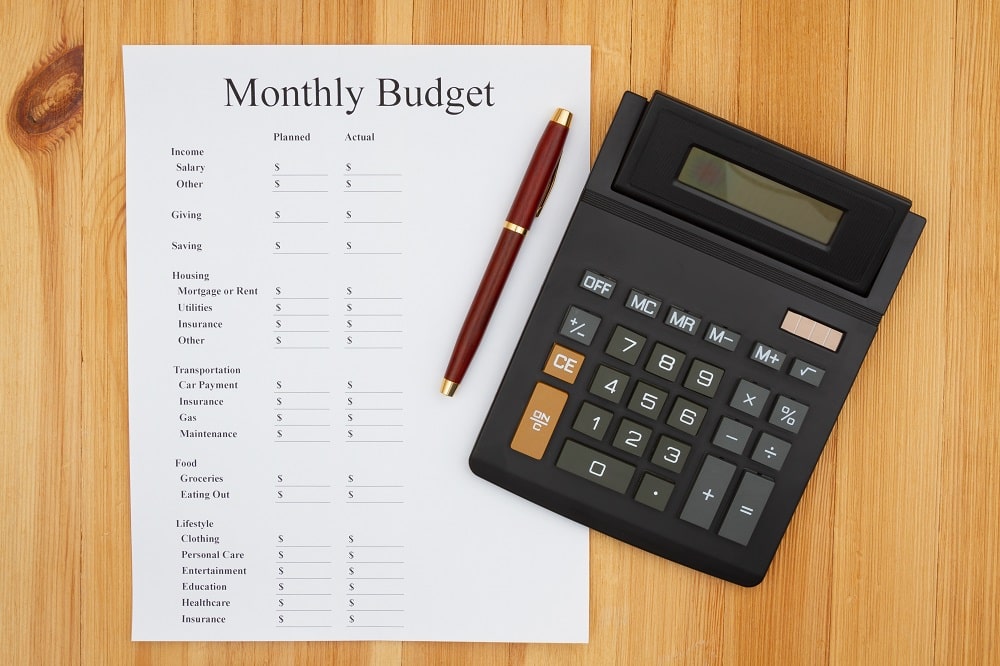If you’re a mom, chances are you’ve been asked for advice on how to handle money. Whether it’s from your own parents or friends with kids, people always want to know how you manage the dual responsibilities of being a parent and doing it well.
While there’s no one-size-fits-all approach, certain strategies can help any mother become financially savvy. Here are the six ways to get started on building and maintaining your nest egg:
1. Define Your Financial Goals
Before taking steps toward financial empowerment, it’s important to define your goals first. By thinking about the types of financial situations you’d like to achieve and how much time you have before reaching those milestones, you’ll be able to create a plan that fits your specific circumstances and needs.
When deciding where to invest your money, remember that while some investments may seem like guaranteed winners—such as stocks and bonds—the market is always changing. So while these methods are often touted as “safe,” there’s no such thing as a foolproof investment strategy when it comes to managing your finances or safeguarding your retirement savings.
Here are some questions to ask yourself as part of this process:
- What do I envision my life to be in five years? Ten years? Fifteen years? Twenty-five years? Thirty years? Forty+, etc.
- Is there anything you want to do that requires a large sum of money upfront (for example, buying your first home)? Do you need to pay off student loans or other debts before being able to save money for retirement?
2. Create And Stick To A Household Budget

One of the first steps to financial planning is creating a household budget because it lets you know where your money is going. A good way to keep track of expenses is by using an excel sheet that lists all the different categories in your family’s finances (such as rent, food, car payments, etc.). You can then add each expense as it comes along by entering each amount at the bottom of each column so that there’s no confusion about what went where and when. This will also help you see how much money has been spent on different things throughout the month/year.
Keep your budget updated as often as possible so that nothing gets missed out and there aren’t any surprises when bills need paying, or accounts need balancing at the end of every month/quarter/year, etc., especially if something unexpected happens like an emergency trip that you hadn’t initially budgeted for.
Thus, creating and sticking to a budget is easier for some than it is for others; if you need help in this and other areas of your financial journey, you might want to consider visiting a financial expert or this personal finance blog if you want a more relaxed yet still detailed approach.
3. Put Together An Emergency Fund
An emergency fund refers to money that you’re saving for a rainy day. It’s there to help you pay for unexpected expenses like car repairs, medical emergencies, or unemployment.
You must have an emergency fund, so you don’t have to rely on credit cards or loans when bad things happen. This will allow you to avoid getting into debt and give yourself time to deal with the situation at hand.
4. Consider Life Insurance Policies If You’re A Single Parent Or Married With Children Under The Age Of 18
If you’re a single parent or married with children under the age of 18, consider life insurance policies. Life insurance can help pay for funeral costs, outstanding debts, and college tuition for your children. It also helps to ensure that your family has financial security in the event that you pass away prematurely.
5. Keep Recent Tax Returns On Hand
You should keep your most recent tax returns on hand. Each year, the IRS requires you to file a return with them reporting any income received during that time period. Your accountant will use this information to help determine how much you should be taxed for that particular year.
It’s also important to have copies of them in case of an audit or if there is any other issue that arises regarding your taxes at a later date. Keep yours in a safe place for at least three years after filing them (some say five years).
6. Organize Documents For A Financial Power Of Attorney And Healthcare Proxy
If you don’t already have one, it’s time to create a financial power of attorney and healthcare proxy. You can use these documents to appoint someone who will make decisions for you when you are incapable of doing so yourself. If your children are of legal age, they can be named as co-signers on checking accounts and credit cards so they can access money in case of an emergency. This is also a good time to review your estate plan (should one exist) or create a new one if necessary.
Conclusion
And there you go, these seemingly boring steps will set you well on your way to being the financially savvy mom you dream of being! Just remember: it doesn’t happen overnight. Be patient and keep working on it!

